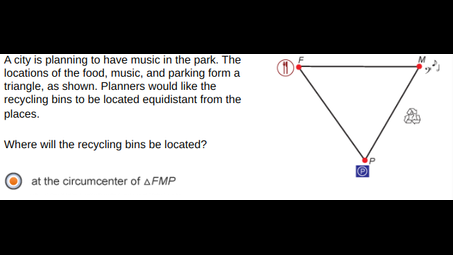What else can I help you with?
Why does letting go of expectations enhance a writers understanding of a topic?
Planners use writing to express what they already know.
Where can you find Jonas Brothers planners?
Any department store such as Walmart and Target
Is “alligator tears” an acceptable variant of “crocodile tears”?
“Crocodile tears” is definitely the more common phrase. To shed crocodile tears is to fake a show of grief, based on the fact that crocodiles (and alligators and caimans) sometimes “cry” as they’re eating. For them, it has no basis in emotion or trying to trick onlookers—as far as we know, it has to do with them hissing as they eat, forcing air through their sinuses and triggering tears.Maybe Halsey was trying to be a little less cliché, or she needed that extra syllable. Either way, even if it’s not technically the “right” phrase, “alligator tears” definitely gets her point across, and alligators do the crying thing, too, so no need to cancel Halsey for this one.
Who organized Woodstock?
The creator of the comic strip Peanuts (and Woodstock) was Charles M. Schultz.The creators of the Woodstock Festival held in 1969 at Max Yasgur's farm were Michael Lang, Artie Kornfield, John P. Roberts and Joel Rosenman.
Which tools are helpful for recording date?
Helpful tools for recording dates include digital calendars like Google Calendar or Microsoft Outlook, which allow for easy scheduling and reminders. Note-taking apps such as Evernote or Notion can also be utilized for tracking important dates within organized notes. Additionally, project management tools like Trello or Asana provide features for setting deadlines and milestones. Finally, physical planners or bullet journals offer a tactile alternative for those who prefer writing things down.
When was Criterion Planners created?
Criterion Planners was created in 1979.
What are the things that event planners usually do?
Event planners organize events up to the last detail and mainly do everything that an event would be successful. The work of an event planner consists of marketing, advertisement, procurement, booking of locations, hiring of required staff and directing tasks in order that the event is completed succesfully.
Where can I find a respectable group of corporate party planners?
You can find a respectable corporate party planners on the corporate planners website. They are very useful.
When was Gozar Planners Architect created?
Gozar Planners Architect was created in 1986.
When was Israel Planners Association created?
Israel Planners Association was created in 1965.
Why do we need a event planner for wedding?
1 Planners can help with your budget constraints and legal contracts.2. Planners will fight for your wedding vision and keep everything on track.3. Planners can keep things stress-free.4. Planners can get you a vendor discount.5. Planners can handle ceremony to reception flipping.
How much do event planners get paid?
The average yearly salary of Event Planners is $52,930. The highest paid event planners were in Washington ,DC and they made $65,230 annually.
Special Event Planners?
Planning a special event is much easier when you hire special event planners. These planners will worry about all of the small details so that you don't have to.
What stores sell leather planners?
Leather planners can be purchased at a variety of stores. Stationary stores may carry leather planners, large stores such as Walmart or bookstores such as Chapters.
How the concept of float is helpful to planners?
How the concept of float is helpful to plannersHow the concept of float is helpful to planners
What are the release dates for Planners - 2008?
Planners - 2008 was released on: USA: 27 July 2008 (internet)
What exactly is the income for wedding planners?
Income for wedding planners differs by location and State. Some planners take a percentage of the overall cost. Most wedding planners find that this is hard to define and take a more realistic approach. Most Brides today want to know what the costs are up front. Wedding planners can charge anywhere from $1,200 to $2000 depending on the duties involved.

